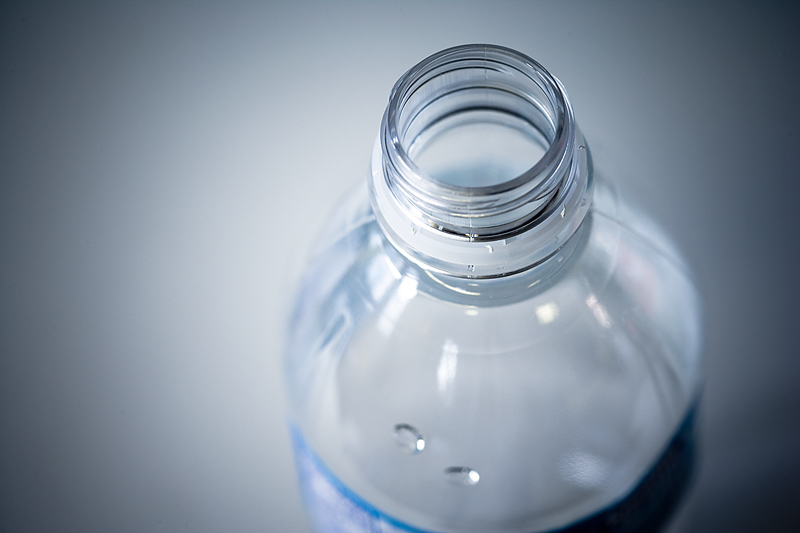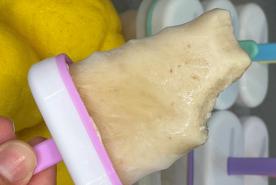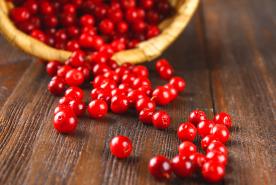April 28, 2015
Keep your kidneys healthy by being "water-wise" or drinking the right amount of water.
Why Water?
About 60-70% of your body weight is water. Every part of your body needs it to function correctly. It helps the kidneys remove wastes from the blood through urine. Water also helps keep your blood vessels open, allowing blood to travel freely to your kidneys and deliver essential nutrients.
Here's what you need to know about hydration.
1. Dehydration Can Hurt You
If you become dehydrated, it is more difficult for this delivery system to work. Mild dehydration can make you feel tired and impair normal bodily functions. Severe dehydration can lead to kidney damage, so it is essential to drink enough–especially after exercising hard and in warm or humid weather.
Join the NKF Blog Newsletter
Get inspirational stories and kidney disease resources delivered to your inbox every month. You'll gain practical insights and expert advice to help you better understand and manage your kidney health no matter where you are on your kidney journey. Subscribe today.
2. The Eight is Great Myth
There is no hard and fast rule that everyone needs eight glasses of water a day. It is a general recommendation.
Since everyone is different, daily water needs will vary by person. How much water you need is based on a lot of factors like age, climate, exercise intensity, and health conditions. Pregnant and breastfeeding people may also have different hydration needs.
Ask your healthcare provider how much water you should drink every day.
3. Less Is More with Dialysis
When the kidneys fail, people don't remove enough water, if any at all. Some people on dialysis need to limit how much water they have.
It's also possible to drink too much water. Though not common, it can happen to those who consume large amounts of water, diluting sodium levels in the blood and resulting in a dangerous condition called hyponatremia.
4. Urine Reveals A Lot
Most people make about 1.5 liters of urine daily (about 6 cups). For the average person, "water wise" means drinking enough water or healthy fluids, like unsweetened juice or low-fat milk, to quench thirst and have light yellow or colorless urine. Dark yellow urine may indicate that you are dehydrated.
5. Hydration Helps Prevent Kidney Stones and UTIs
Kidney stones and urinary tract infections (UTIs) are two common medical conditions that can hurt the kidneys. Staying hydrated can help!
Kidney stones form less quickly when water is available to prevent crystals from sticking together in urine. Water also helps dissolve the antibiotics used to treat urinary tract infections, making them more effective. Drinking enough water also helps produce more urine, which helps to flush out infection-causing bacteria.


















